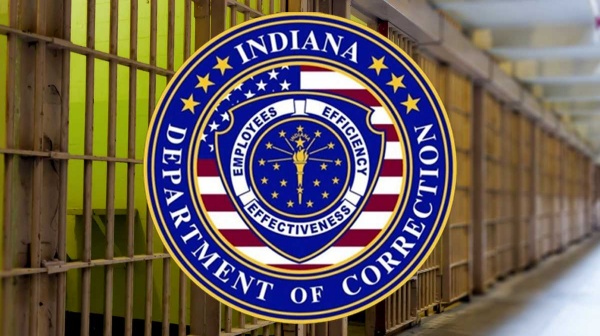By Larry . . . This is a synopsis of a case which is extremely important and will potentially have impact beyond Indiana. None of the challengers would have been required to register if they: (1) had not moved out of Indiana and returned after 2006; or (2) had not moved into Indiana after 2006. It was in 2006 that the Indiana law was amended to include the requirement that forced a person to register if they relocated to Indiana and had a registration obligation in that state, regardless of whether it is equivalent to an Indiana offense.
All six of the plaintiffs were required to register in Indiana based on a determination by the Indiana Department of Corrections (DOC) and local sheriff’s departments that they had committed a registrable offense or the out-of-state equivalent to such an offense and that they had been required to register in another jurisdiction. Although they committed their offenses before SORA was amended to require registration on these grounds, the State deemed the amendments applicable to the plaintiffs because they had relocated (or returned) to Indiana after SORA was revised to include these registration requirements. Indiana would not have required them to register on these grounds had they been living in the State at the time they committed their offenses and remained there continuously thereafter.
The Seventh Circuit relying on a Wallace v. State, 905 N.E. 2d 371, 379 (Ind. 2009) recognized that registration requires more than simply appearing at the sheriff’s office. “The person registering must be photographed and provide information including their name, date of birth, race, height, weight, hair color, eye color, identifying features such as scars and tattoos, social security number, driver’s license or state identification card number, vehicle description and license plate number of any vehicle the registrant might operate regularly, principal address, name and address of any employer or educational institution, any electronic mail addresses, any instant messaging user names, any social networking website user name” and “. . . any other information required by the [Department of Corrections (DOC)].” Ind. Code § 11888(a). Most of this information is published on the public registry, although some of the information (such as an individual’s email address) is not available to the public. If any of this information changes, the registrant must go in person to the sheriff’s office, within seventy-two hours, to report it. Ind. Code. § 11888(c). That means, for example, if a registrant gets a Pinterest account, that person must report the new account, in person, at the local sheriff’s office, within seventy-two hours. “Convicted sex offenders are required to maintain a valid driver’s license or state identification card and are prohibited from seeking a name change. Ind. Code. §§ 118815(b), 16.” Opinion at 4. Indiana law also requires physical address verification. To accomplish this, a local law enforcement officer must visit a registrant’s home at least once per year, and at least once every ninety days if the offender is a “sexually violent predator.” Ind. Code § 118813(a).
The Indiana Supreme Court concluded that “. . . the Act imposes significant affirmative obligations and a severe stigma on every person to whom it applies. … [and the] duties imposed on offenders are significant and intrusive.” See Wallace v. State, 905 N.E.2d 371, 379 (Ind. 2009). As a result, the Indiana Supreme Court concluded that the Act had the “effect of adding punishment beyond that which could have been imposed when his crime was committed,” and therefore the State could not impose the requirements of SORA on anyone whose offense predated the enactment of that statute. Id. at 384. To do so, it held, would violate the ex post facto clause of the Indiana Constitution. Id. As a result, Indiana does not require any person to register if the offense occurred prior to SORA—provided that person remains a resident of Indiana.
This Seventh Circuit held that this different treatment “sets up the very sort of multitiered state citizenship that the Supreme Court’s right to travel cases prohibit.” Opinion at 26. NARSOL is excited about this case and believes it has the potential to free a significant number of persons from registration in Indiana and in other states.
